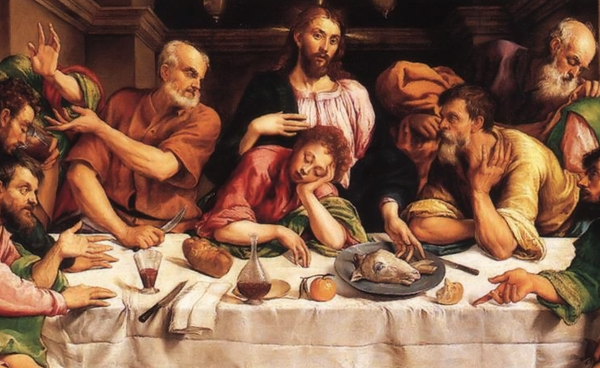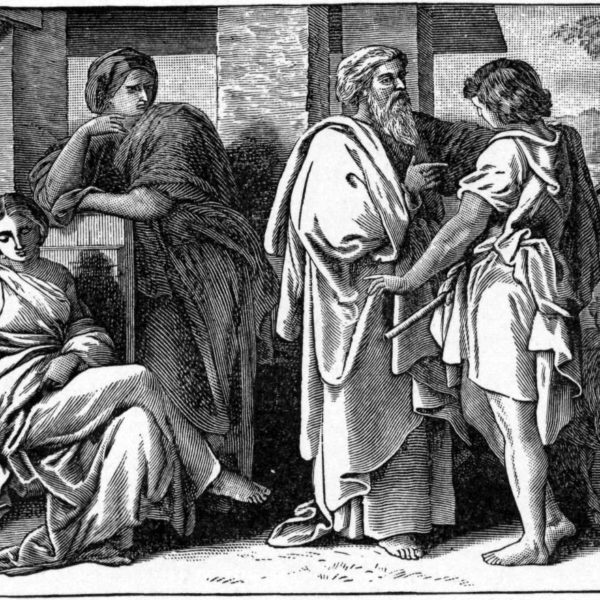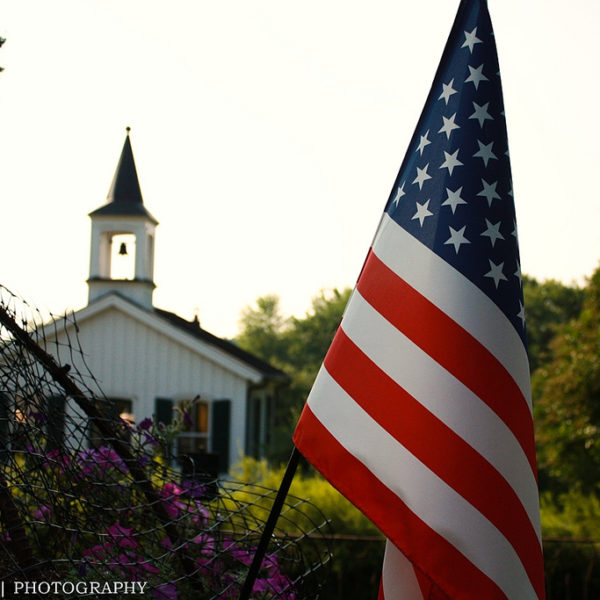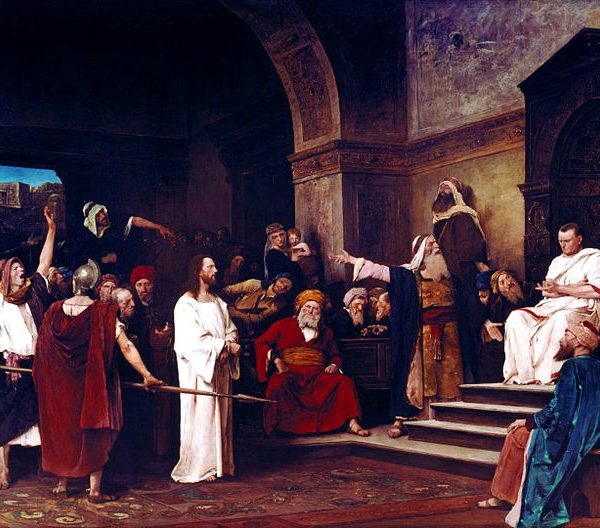
Within Christian traditions, one may be met with this provocative question: does “political theology” or “social ethics” sponsor liberative practices oriented towards human flourishing? Interestingly, the framing of this question requires one to choose a side. One must argue that either political theology or social ethics is poised to address the myriad theo-ethical issues we face, particularly issues of difference, pluralism, and alterity. I believe that this is a false framing of the question.

In his richly devotional book Writing in the Sand, the psychotherapist and former monk, Thomas Moore makes an intriguing hermeneutical suggestion. When we explore the ministry of Jesus and its contemporary implications, one fruitful exercise is to view his actions through the lens of the ancient philosophy of Epicureanism. At first glance, such a suggestion seems antithetical to any faithful rendering of the New Testament.

One of the most important tasks for political theologians today is the cultivation of capacities for democratic reasoning about exceptions to the rule of law. The task is important because liberal societies face – or at least believe they face – a number of threats that seem to require exceptional measures in response. The pressure to make exceptions grows stronger, even as we find ourselves with fewer and weaker resources for thinking about them.

In a recent video (Humans Need Not Apply) CGP Grey challenges us to imagine a future in which the majority of human work will be performed by ever-more finely-calibrated machines (coordinated by ever-more complex software). Lest we doubt it, he suggests that the seeds of this future are already with us.

The Old Testament account of Jacob’s sojourn with Laban can expose some contemporary Christian blindspots, not least in assumptions concerning the ‘biblical’ meaning of marriage. However, we must also reckon with the limitations of the text’s own perspective, giving voice to the silent female characters within it.

The “postmodern condition,” as Jean-François Lyotard designated it in 1979, is an “incredulity toward metanarratives.” That definition has been recited interminably by those grasping for a familiar sound-byte to encapsulate the significance of postmodernity. In the last few decades it has acquired overtones of a playful cultural experimentalism that has somehow outgrown the need for authoritative accounts of the meaning and purpose of human history.

. . . The underlying structural crisis does not seem to have gone away. Indeed, in the last year and, more perspicuously in the past two weeks, it has found a more demanding as well as disquieting focus — student debt as well as the economic albatross of the maturing millennial generation itself. . . . The real scandal is the monstrous moral hazard that the student loan lending system has spawned. It amounts, according to Taibbi, “a shameful and oppressive outrage that for years now has been systematically perpetrated against a generation of young adults.”

The myth of Captain America introduces us to a serious quandary. Can liberal democracy be de-coupled from violence or is it doomed to repeat old battles? For Christians the question is doubtless a complex one. The Church can doubtless find much in Rogers’s democratic creed to admire; his sense of self-sacrifice, his public spirit and sense of civic duty. There is something of the righteous pagan in the Captain America myth which should not be lightly dismissed.

On the surface Captain American: the Winter Soldier is a cinematic triumph of patriotic romanticism. Whatever injury has been done to the American psyche in the early part of the twenty-first century, Marvel has done its best to bind these wounds and produce a tour de force of idealism for a less than idealistic age. Captain America has done for democratic virtue what the West Wing did for American government.

For the past twenty years the Christian right have been labeled the ‘backbone’ and ‘base’ behind the Republican Party’s electoral successes, a view that deepened with Bush’s consecutive victories in 2000 and 2004. Until recently the alignment between evangelical Christians on the Christian right and the Republican party had gone unquestioned.

This may seem an odd pairing – Secularism and Political Theology – but in a way that I can’t quite articulate, they still seem to go well together, beyond being two important recent topics that weren’t yet covered by the course offerings in my department.
